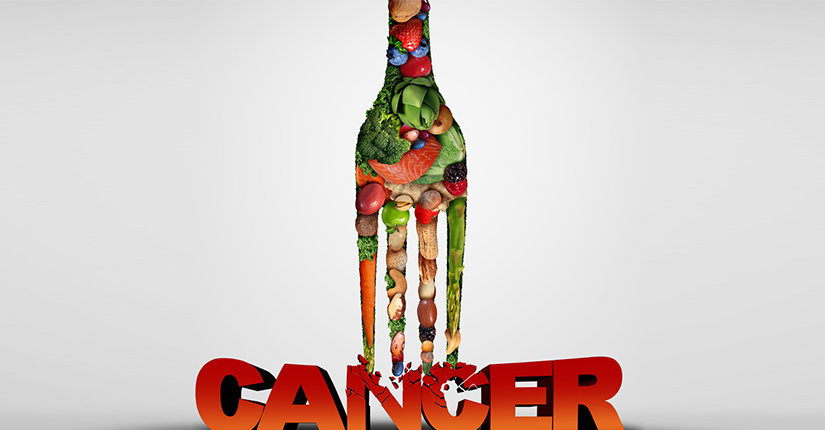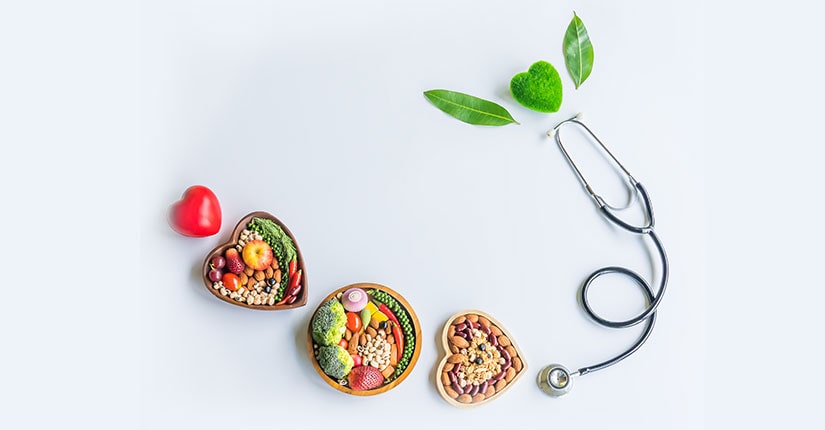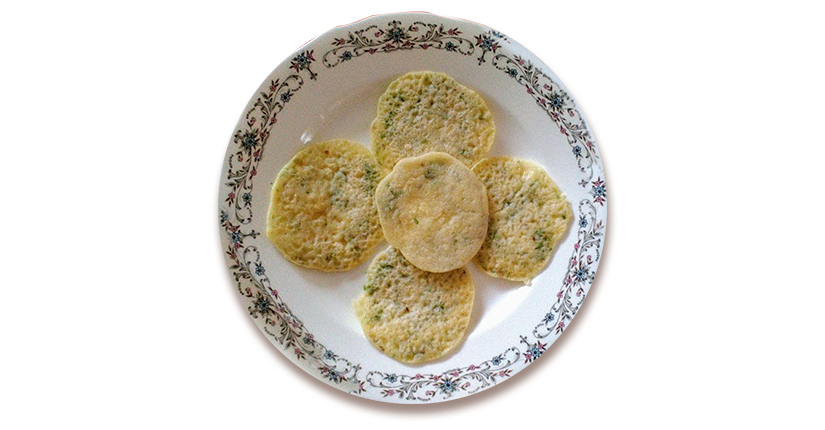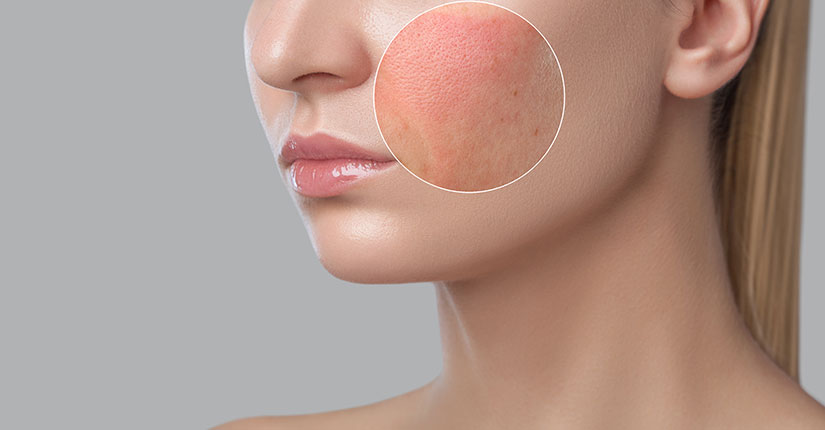Natural Vitamin C Vs Intravenous Vitamin C
By Nmami Agarwal 23-May 2020 Reading Time: 5 Mins
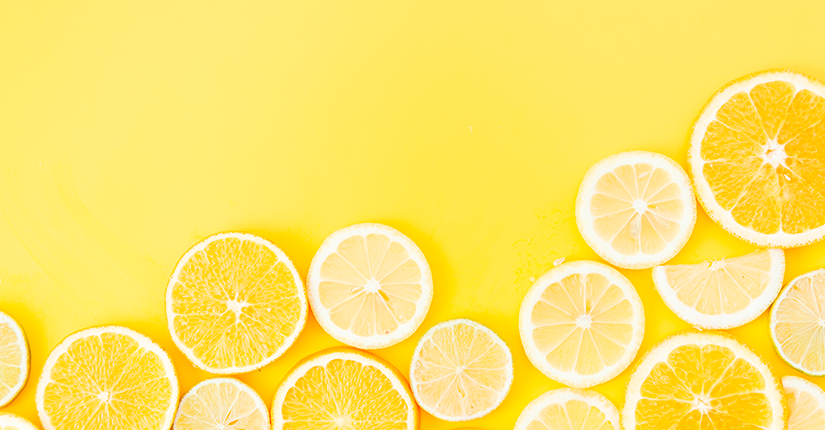
Vitamin C is one of the most essential vitamins that is required in the human body. Doctors and dieticians have emphasized and strongly suggested to include vitamin C in our diets. It carries out several processes and operations in the body which we might not be aware of. Vitamin C is a marvelous antioxidant that protects the body against harmful molecules known as free radicals. In this way, it reduces oxidative stress that is a leading cause of various chronic diseases. This vitamin offers innumerable benefits. From lowering blood pressure to improving skin health to boosting immunity, vitamin C is an indispensable element.
Vitamin C cannot be produced by the body which means that it needs to be taken in the form of supplements or from fruits and vegetables. Today, we are to tell you about the two ways in which vitamin C can be induced in the human body. One way is through a diet and the other is by injecting an IV drip.
Intravenous Vitamin C
Vitamin C can be given by the doctor by injecting the IV drip directly into the vein. Through the vein, vitamin C will straightaway travel into the bloodstream. Due to this infusion, higher levels of vitamin C in the blood can be achieved. Researches have claimed that these high levels of vitamin C can destroy cancer cells. Many people inject vitamin C in the body to boost immunity or just to improve overall health. IV Vitamin C can also be taken to cure vitamin C deficiency.
Vitamin C is also needed to make collagen i.e. an abundant protein found in connective tissues. Lack of vitamin C in the body can result in scurvy. It is a disease caused due to deficiency of Vitamin C and the symptoms include anemia, weakness, bleeding, muscle pain, easy bruising and skin problems. People suffering from scurvy have thinner collagen in texture and infusing high-dose vitamin C in the body improves the quantity and quality of collagen.
Side effects of injecting vitamin C in the body include pain and swelling at the injection site. Kidney disorder patients complain of kidney failure after a high dose of vitamin C treatment. People suffering from kidney stones should not be treated with this method.
Natural Vitamin C
Also known as ascorbic acid, natural vitamin C can be easily found in plants, animals, fruits, vegetables, minerals, and supplements. It is a water-soluble vitamin that has positive effects on the skin and the immune system. Vitamin C also helps in the growth and healing of tissues and protecting cells from any damage. The main sources from which vitamin C can be extracted are citrus fruits such as oranges, kiwi, mango, watermelon, grapefruit, and strawberries. Vegetables rich in vitamin C include broccoli, kale, green peppers, spinach, cabbage, lettuce, and tomatoes. Intravenous vitamin C can achieve higher doses of vitamin C in the body as compared to this method.
Footnote
There are different methods of inducing vitamin C in your body. Make sure your diet contains food rich in vitamin C. Vitamin C can even improve cardiovascular health and reduce the risk of anemia (vitamin C helps in the absorption of iron)

